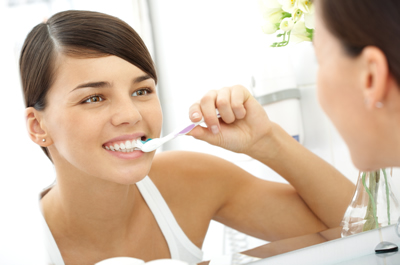 It's Important To Know What Kind Of Toothbrush Is Good For You
It's Important To Know What Kind Of Toothbrush Is Good For You
Choosing the right toothbrush is an essential part of maintaining good oral care. It holds the same merit as choosing the right sneakers to jog in or the right car to drive. In the tips below, we will show you different factors to think about when selecting a toothbrush so you can find the perfect one for you.
Softness
For the most part, sort-bristled toothbrushes are better than medium or hard ones. That is because the soft bristles do not wear away on your enamel as much. When you start to compare toothbrushes in a store, look in one of the upper corners for an indication about the toothbrush's softness. Try to choose the softest option you can within reason.
Size
Bigger is not always better in the word of toothbrushes, especially if you have a small mouth. You need to get a toothbrush that matches the size of your mouth and still gives you the maneuverability you need to reach all of your teeth. If you just buy the biggest brush on the shelves, you might end up with a lot more plaque buildup than you should have.
Shape
Try to get a toothbrush that has a pointed top, rather than a flat rectangle. This will allow you to really get into those hard to reach places and make your smile as clean as possible. The point is great for tight corners and right behind the front teeth. These are areas you can't access with other shapes.
Bristles
Angled, crisscrossing bristles usually work the best because they can get into the crevices between teeth. Many toothbrushes these days come with rubberized bristles on the edges that help get into those crevices even better. These work great overall, as long as they don't feel too harsh for your teeth.
Don't get lured into the idea of the new "environmentally friendly" or "all natural" bristles on the market today, which are usually brown in color. There is not enough research about these at this time to determine how safe they are. You will be better off with standard nylon bristles instead.
Manual vs. Electric
Electric toothbrushes are great because they can power through plaque more forcefully than manual toothbrushes. With that in mind, electric toothbrushes can also be damaging for sensitive teeth with minimal enamel. If it hurts you to use an electric toothbrush, try to find a manual one with crisscrossing bristles. This should get you the same cleaning power in the end without the force.


